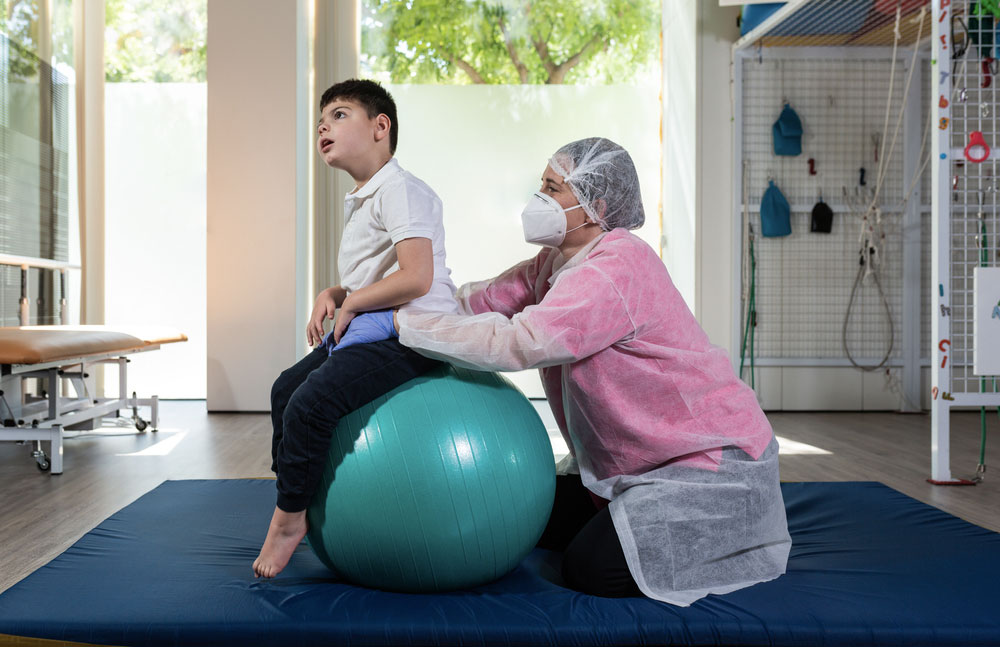Many people around the world have been affected by COVID-19, which causes the following symptoms:
Feeling hot on the chest or back when you touch it.
Continuous coughing - this means coughing for more than an hour, or 3 cough episodes within 24 hours.
Absence of taste or smell.
Patients who require intensive care support to assist with their breathing sometimes experience muscle weakness, fatigue, and shortness of breath as a result of their hospitalization. Being ill can take a long time to make you feel like yourself again, especially after a long illness. It can take a different amount of time for different people.
As you recover from COVID-19, breathing techniques, general mobility and strengthening exercises will help to improve your day-to-day function. Dr. Shraddha Patil at Healthy Joints recommends that you complete these exercises daily.


